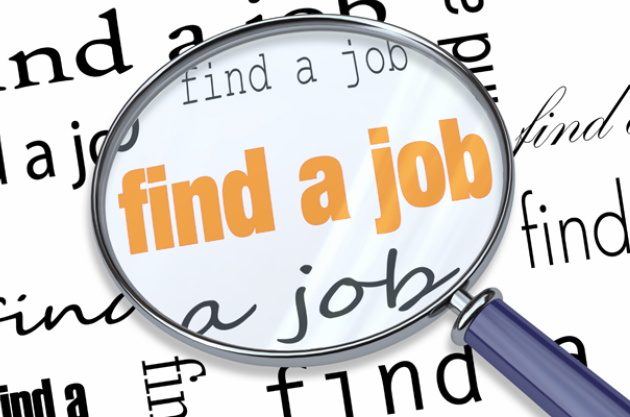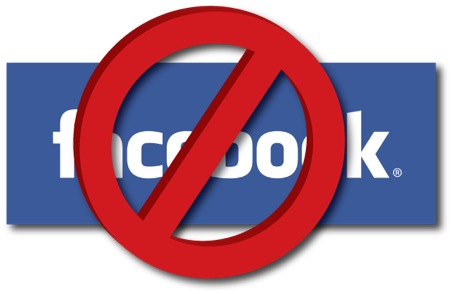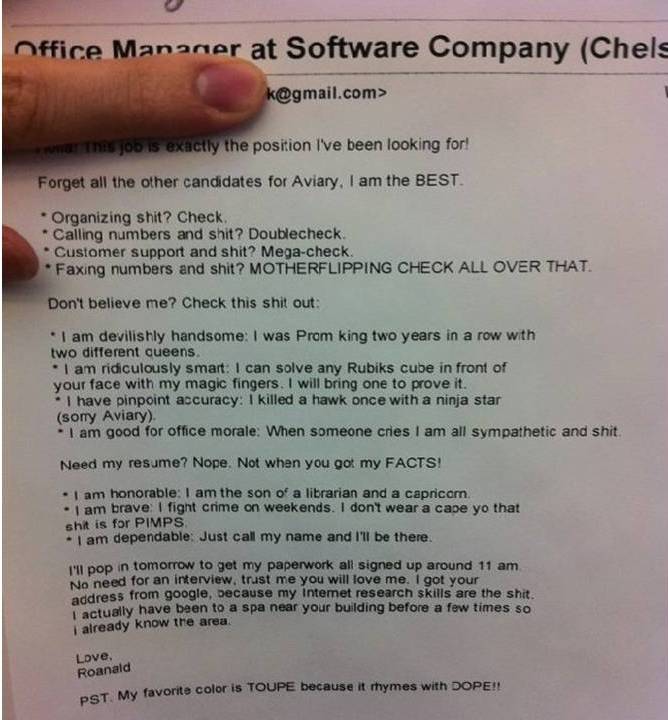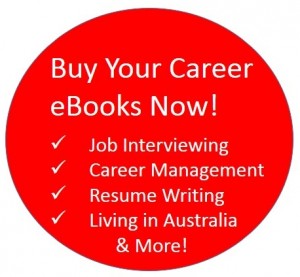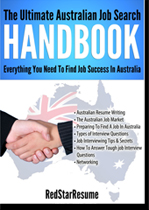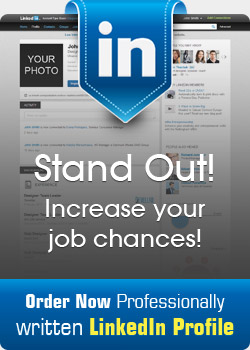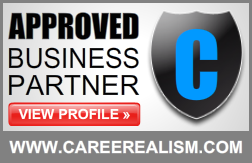 If you are a current job seeker you no doubt have one more thing to stress about – writing the perfect resume. The resume is often regarded as one of the most difficult documents to develop. An effectively written resume will get the reader’s attention within the first 20 seconds. However, with such demand for jobs, 20 seconds is often too long to make an impact. You need to ensure that your resume makes an immediate and positive first impression.
If you are a current job seeker you no doubt have one more thing to stress about – writing the perfect resume. The resume is often regarded as one of the most difficult documents to develop. An effectively written resume will get the reader’s attention within the first 20 seconds. However, with such demand for jobs, 20 seconds is often too long to make an impact. You need to ensure that your resume makes an immediate and positive first impression.
It is an undisputed fact that if a hiring manager has two resumes sitting on the table, they are instinctively going to be drawn to the resume that is professionally presented and formatted in the correct way. No matter what the resume has to say, the first impression is already made. If both candidates share similar skills, education and experience, just take a guess at which resume the hiring manager is going to choose.
When you sit down to write your resume, remember one thing. Your resume is a marketing document. This document is all you have to prove to the hiring manager that you are the right person for the job. Present a professional picture and make sure that you stand out above your competition.
10 Tips to Writing the Perfect Resume
Create a Qualifications Profile:
A great way to begin the resume is by creating a 2-3 sentence qualifications profile. Rather than an objective statement (telling the reader what type of job you want), focus on creating a powerful profile that highlights your value-added skills and qualifications. A hiring manager is interested in the skills and qualifications you are able to bring to this particular role, as opposed to being told about the type of job you want.
Include Keywords:
With the demand for jobs so competitive, hiring managers and recruiters can often receive upwards of 500 – 1000 resumes for one particular position. As such, many firms now use software programs as a way of performing “first round interviews”. Using selected keywords will ensure that your resume passes the first stage of selection and will not be deleted before a hiring manager has even had a chance to read your application. The best way to find these keywords is by simply reading the job positions. See what the company is looking for and make sure your resume is full of these keywords!
Provide Specific Quantitative Examples:
Hiring managers hate to read clichéd resumes. It’s boring and adds no value to your resume. Use quantitative examples as much as possible to highlight your experience and the value-added skills that you can bring to the job.
Target the Position that you are applying for:
As a job seeker, everything you include in your resume needs to reinforce the message to the reader that you are the right candidate for the position. Don’t waste time on information that doesn’t reflect your suitability for this particular position. Being a good skier and having an interest in tennis will probably not be relevant to the job that you are applying for. Focus your resume on the value added skills and experience that you have to offer. If the job requires management experience than provide these specific examples. Your resume is your marketing document so ensure that your document is marketed correctly.
Highlighting Achievements/Accomplishments:
Does your resume show off all the wonderful skills and talents that you have to offer? If you were the hiring manager would you want to employ yourself? If the answer is no, it’s time to have a serious think about rewriting your resume. If you wouldn’t hire yourself then why would a hiring manager hire you? Turn your resume from a boring resume into an achievement based resume focusing on highlighting achievement based examples. From a hiring manager’s perspective, would you rather read “strong communication skills” or read this statement backed up by an example. “Strong communication skills capable of projecting a strong, credible, articulate and engaging personal presence with experience in producing and creating PowerPoint presentations”
Error Free:
When you open your resume do you see the red or green lines underneath words or sentences? This is such a major turnoff to a hiring manager and will create an immediate unprofessional first impression. The easiest way to avoid this from occurring is convert your word document into a PDF. Not only will it enhance your professionalism but will also ensure that those ugly looking lines don’t occur!
Clean Font:
Make the reader’s life as easy as possible by using an easy to read and professional looking font. Wired looking font not only looks ugly but will detract from the professionalism of your document.
Be Concise and Succinct:
Use bullet points to emphasise your skills and experience. Long drawn out sentences are boring to read and when a hiring manager is staring at a table full of resumes, they do not want to read long winded sentences. Ensure that you are able to catch the reader’s attention immediately and portray the professional image that is required.
Power Words:
A great way to make your resume stand out is by including action words throughout your resume. A clichéd resume is boring to read and can lead to the reader losing interest in your application. Strong action words will further highlight your skills and expertise.
Demonstrate Flexibility, Adaptability and Innovation:
In my experience employers want to hire individuals who can demonstrate flexibility, adaptability and innovation as well as a passion for wanting to gain further knowledge and experience. Remember that an employer wants to know that you are going to bring value to the organisation. Your job duties will change constantly and you need to be able to demonstrate that you are a forward-thinking self-starter with vision and desire to implement innovative solutions to any problem that may arise.
Final Thought …
Job seeking is a cut throat business and in order to succeed your resume needs to be 100% right, and it needs to be presented and formatted professionally and correctly. When you apply for a particular job you only have one chance to succeed. Make sure that you give yourself every opportunity to get that new job!
© RedStarResume Publications – http://www.bestresponseresume.com
RedStarResume are the Resume Writing Experts. Specializing In Over 35 Industries! – Turn your resume into an achievement based marketing documents in just 48-72 hours
Stand Out From The Crowd With A Brand New Professional Resume, Cover Letter and LinkedIn Profile From RedStarResume




